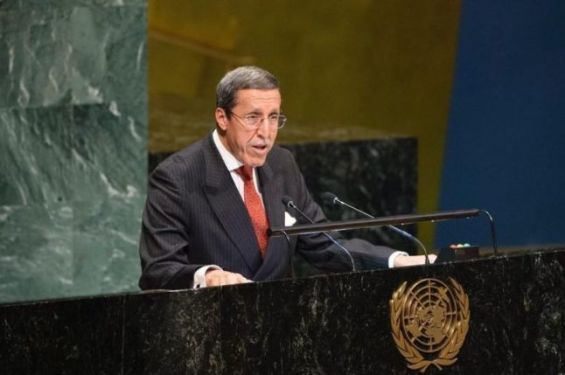The proposed reform of the Security Council was a key issue at the 79th session of the UN General Assembly, with new states potentially joining the exclusive group of five permanent members. Africa is particularly interested in the redistribution of seats, supported by the US.
The African Union has called for representation that reflects the continent's demographic and economic weight on the global stage. Several African leaders at the General Assembly pushed for two permanent seats for Africa. Kenyan President William Ruto criticized the current structure as «dysfunctional, undemocratic, non-inclusive, unaccountable, autocratic, and opaque».
The Biden administration backs this expansion. «It’s time for African leadership to have a permanent place on the Security Council too», said Linda Thomas-Greenfield, the U.S. Ambassador to the UN. However, she made it clear that new members would not have veto power, a rule that preserves the post-World War II global order set when the UN was founded in 1945.
Who will represent Africa?
The key question for Africa is which countries will be selected to fill the two permanent seats. Several nations, including South Africa, Egypt, Kenya, Nigeria, Algeria, and Morocco, are in the running. While Egypt and Nigeria may have advantages in terms of size and geography, they also face political instability.
South Africa, under the influence of the ANC’s radical wing, has lost favor with Western powers like the US, France, and the UK, especially due to its recent accusations against Israel at the International Court of Justice for alleged genocide in Gaza. Algeria, also vying for a seat, isn’t in a better position to win over Washington or London, both close allies of Israel.
Morocco, however, has a strong chance. The kingdom has forged strategic alliances with the US, Russia, and China—three major powers with which it maintains good relations despite a complex geopolitical climate. Israel, an influential player, is unlikely to oppose Morocco’s bid, especially since the two countries restored diplomatic ties on December 10, 2020. Morocco also recently secured the presidency of the UN Human Rights Council, defeating South Africa with 30 votes to 17.
The list of candidates for the expanded Security Council must first be approved by the current Council before being submitted to the UN General Assembly for a final decision.




 chargement...
chargement...











